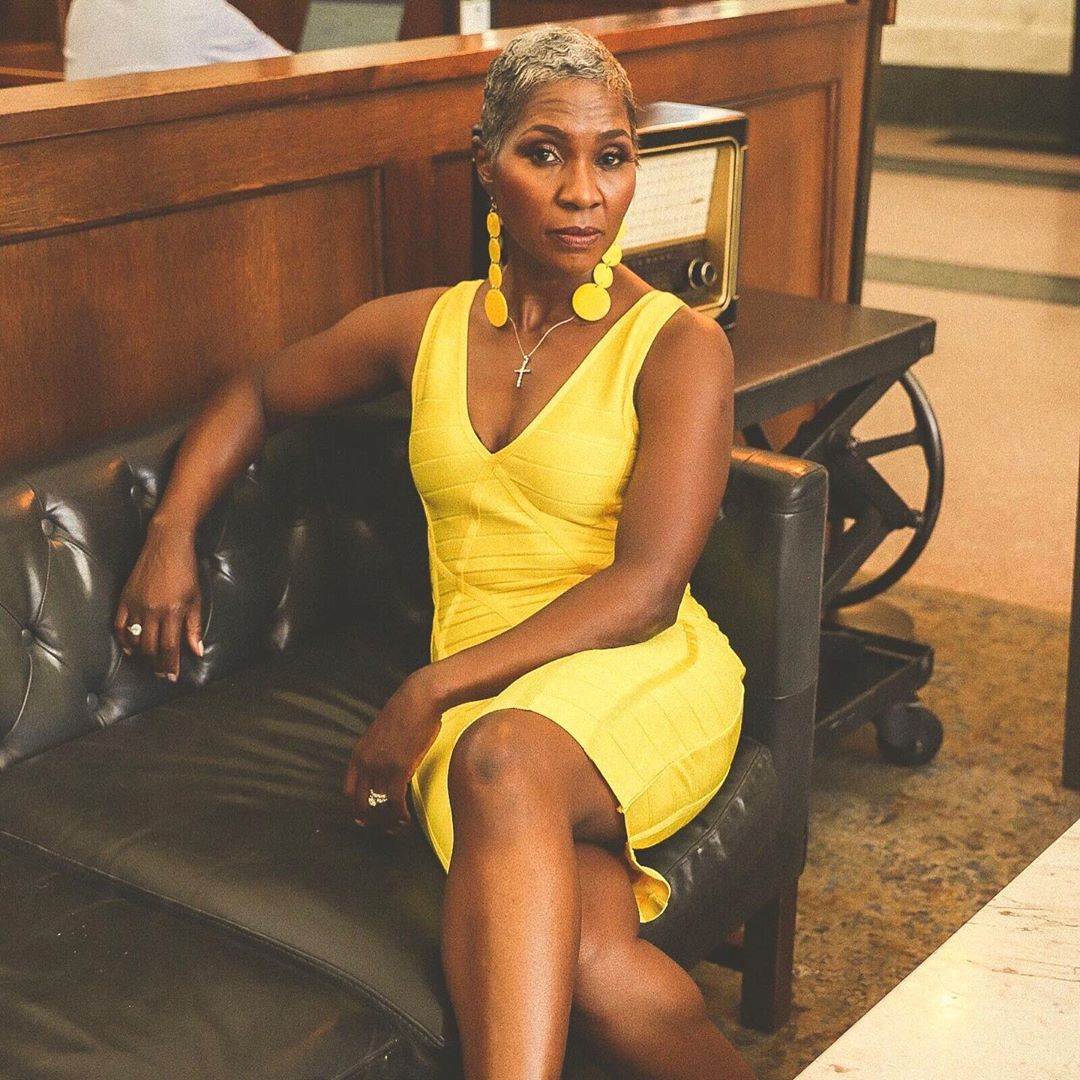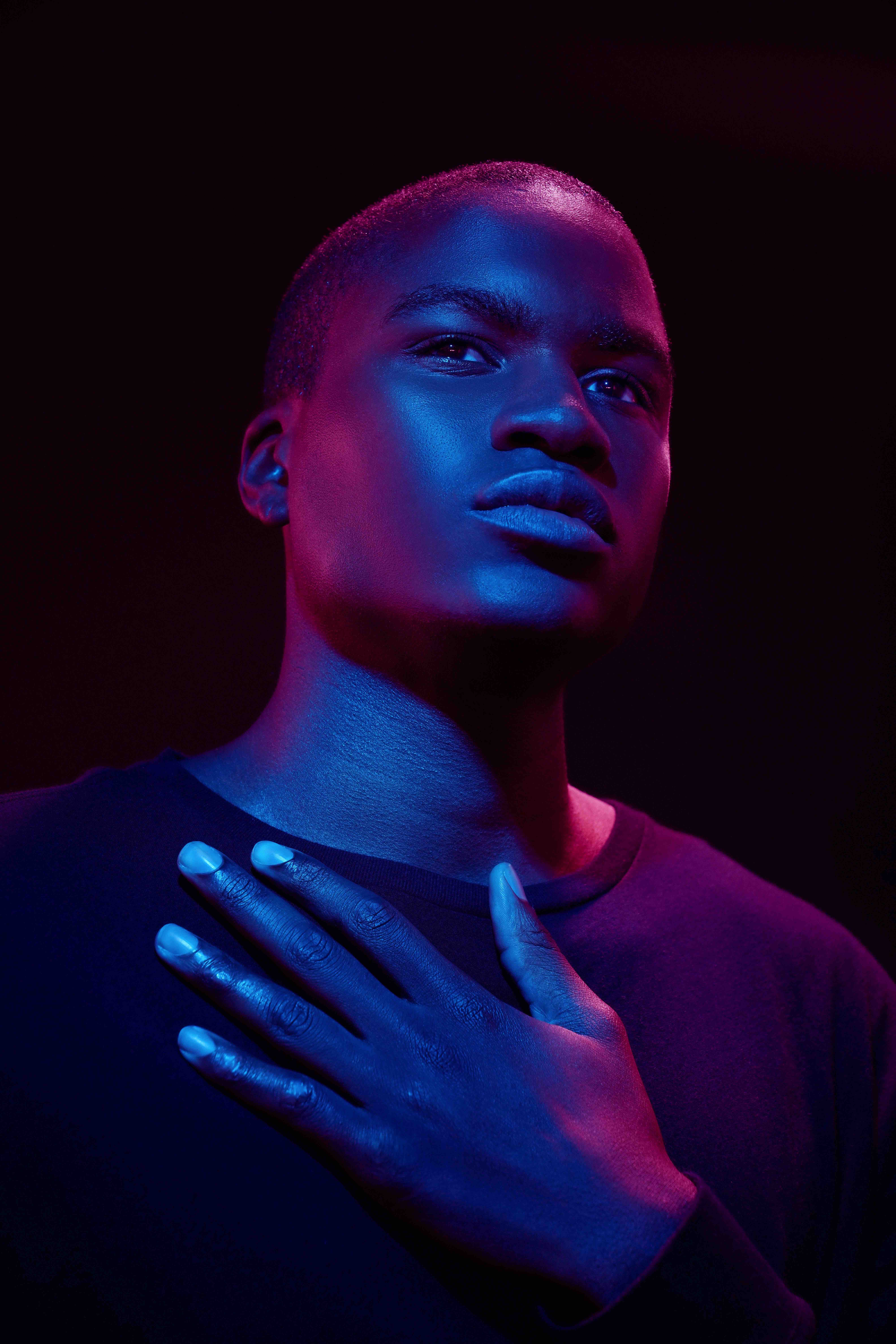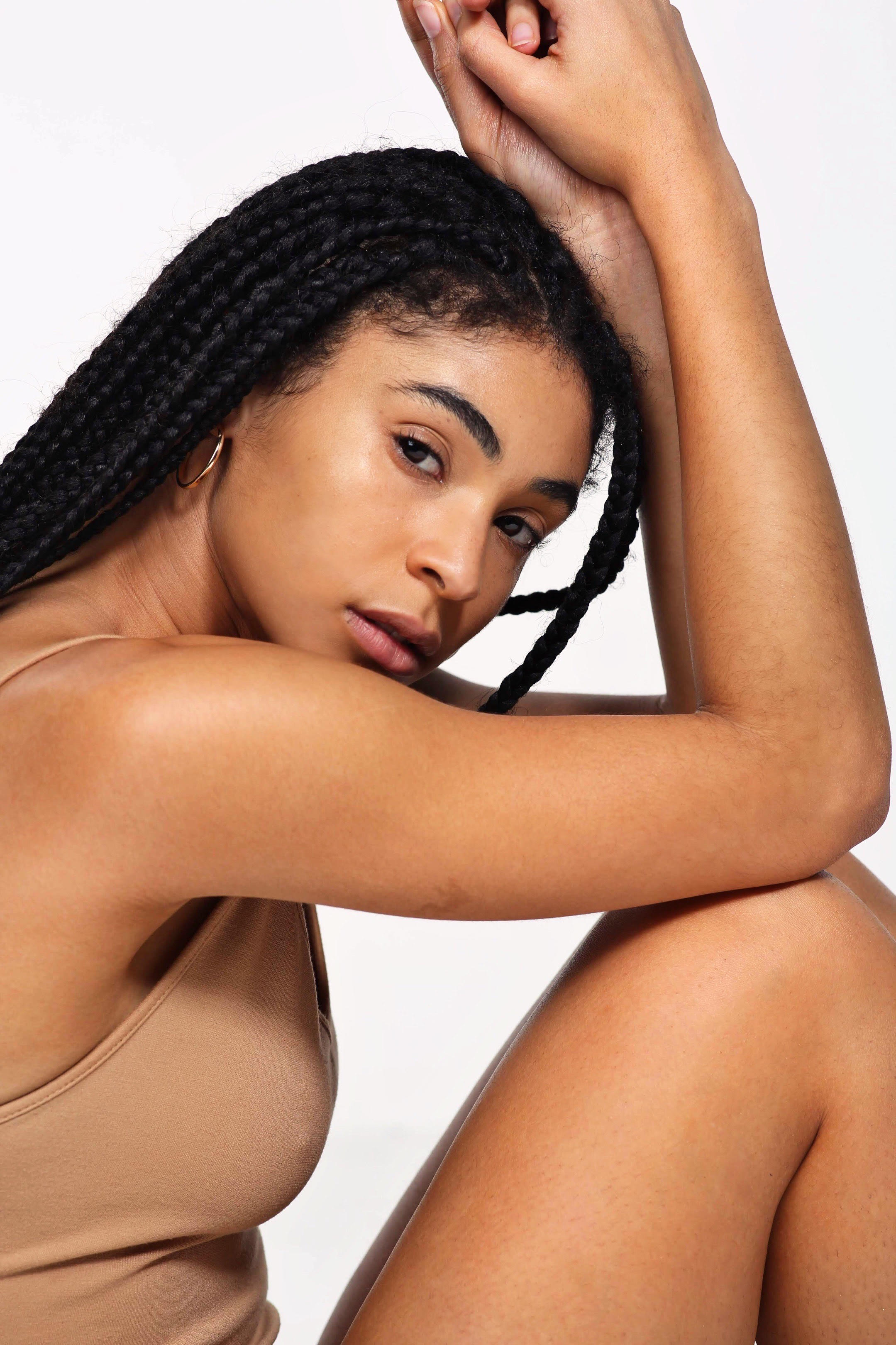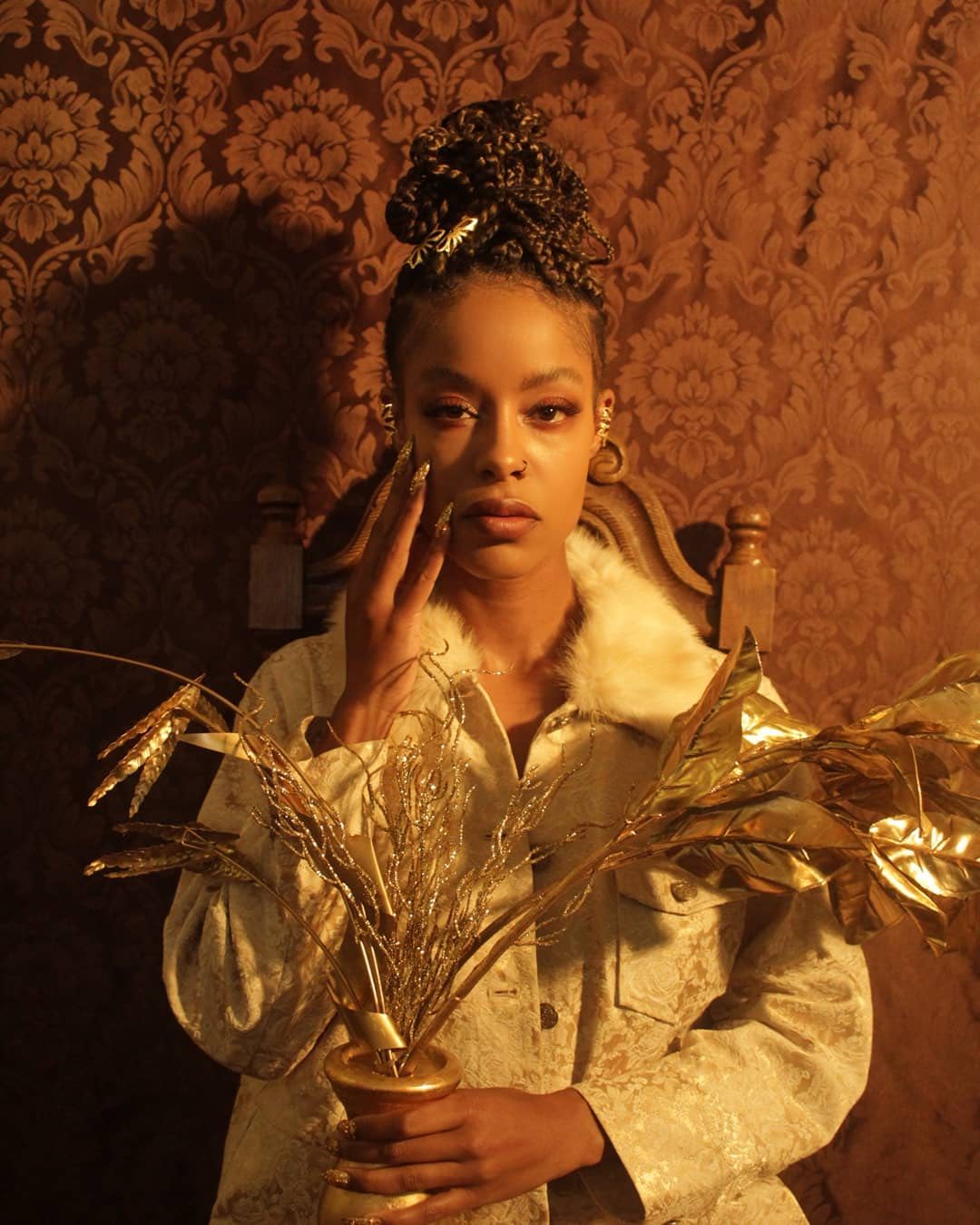Over the past month, we have been in a revolutionary movement that calls for more education, more empathy and a change that is sustainable. The fashion industry is no stranger to controversy when it comes to inclusion and diversity. The industry has often fallen short in this area and POC models have fallen victim to tokenism, colorism and blatant racism when auditioning for a job, or even while on the job. Typically, this conversation is marked as taboo yet is still constantly brought to the table in the fashion industry.
Here, at 303 Magazine we interviewed five local Black models to share their experiences. Their voices share that this is more than just taboo, these are stories that bring light to the racial and discriminatory injustices Black models and other POC models face. The talent highlighted in this article not only uses their platforms to represent some of the amazing work they have but to also bravely share their stories. Someone else’s testimony is a bridge to education.
We spoke to local models Geo Wilson, Sylvia Waller, Jordan Wright, Alicia Meyers, and Kerry Kalu. These models touch on several subjects like the wage gap between Black and white models, tokenism and utilizing Black creatives in the Denver community.
303 Magazine: What was your first interaction in the fashion industry?
Sylvia Waller: Not embracing. I’ve been told my walk is too sassy, strong and powerful. I have to try to fit in and change my walk, which is part of my personality but as I get older I have gotten to the point where I am comfortable with who I am.
Jordan Wright: My first interaction in the fashion industry was one-on-one with the photographer who got me into modeling. He is another Black male so my experience was good. It was an intimate setting with just the two of us in the studio.
303: How do you feel the fashion industry is doing right now in regards to diversity?
Jordan Wright: I feel like the fashion industry thinks it’s being inclusive. I’ve been a part of and watched many fashion shows or photo shoots where there will be plenty of non-Black models and then you’ll see one of us as the lone representation for Black models.
Alicia Myers: Overall, I think the fashion industry is making a good effort to try and digest the devastating events that have occurred recently and react with care and sensitivity. Will it last? I’m really not sure. All I can do is hope that equality is sustained. It will do no good for the fashion industry to play their part for two weeks and then return to their normal lack of diversity.
303: Do you feel well represented?
Alicia Myers: As a Black model, I feel underrepresented. I feel I have to work so much harder than models who are not Black just to be recognized, appreciated or afforded the same opportunities. It does feel like sometimes when I am contacted for an opportunity it is solely because I am Black and not necessarily for what I have to offer as a model. I recently started a discussion on my Facebook page regarding fashion pages on Instagram posting Black Lives Matter and one picture of a Black model but as you scroll the rest of their page is filled with non-Black models. In my discussion, a photographer offered the explanation that it is all based on marketing and demographics — aka money. Why are Black models not perceived as profitable? Why are clients only booking and paying white models? It’s not ok to assume financial bias is not racially driven. Black dollars are just as worthy as white dollars. We all have something to offer, we all have value, we all deserve to be respected as artists and consumers.
Kerry Kalu: No. I mean I see plenty of mixed girls out there actually. But I can see colorism. I don’t see my friends represented and every time you do see someone Black or brown it’s surrounded by a sea of white.
Sylvia Waller: No. The African Americans in Fashion Week are tall, mostly light skin long straight hair or easy hair to work with. And in my division, mature with gray hair, I see very few African Americans.
303: How can the Denver fashion scene strive to be more diverse?
Geo Wilson: I think the Denver scene needs to make an effort to highlight our indigenous people and Native Americans, we have a huge and beautiful LGBTQ community that could be way more celebrated. “Curly” hair isn’t the only natural hairstyle that is beautiful. Fitness clothes make up about 95% of Colorado’s style, so I think instead of making fashion more palatable, we should make it more diverse. We have so many people moving here. I think it is important to celebrate where Denver comes from more. We have such a poor celebration of the huge Latin-American/Spanish speaking community that we have as well. I mean, we can get some of the best Mexican food in the country but people only think of weed or mountains. The name Colorado is literally Spanish derivative and was once part of Mexico until the 1840s…
Jordan Wright: I think a good change would be giving Black creatives (photographers, producers, visual artists, organizers, etc.) the positions on boards and committees so that our collective voice can be heard in the decision making spaces. I think we need to utilize the Black talent that exists, but if we don’t have the decision making power we would still be a token in those situations where we are used.
303: Do you feel like colorism is an issue in the industry?
Geo Wilson: I kind of touched on this previously so I will do my best to elaborate. Yes. I think that there is not as much true Black culture represented. I mean the whole industry is barely scratching the surface of diversity. Why do I get styled in hats but never would a durag in a loungewear or streetwear shoot? It is still afraid of being too Black, too Mexican, too gay, too sexually empowered, etc. For example, African is more appealing than Black… Like, when companies hire African models who are extremely diverse looking relative to what is seen on an average day in the US, [it] allows the ad to be “diverse” without really addressing the Black people that are represented and persecuted in the country. It is rarely a model that looks like Tamir Rice or Breyonna Taylor if that makes what I’m saying more clear.
Jordan Wright: Racism works differently for Black women and men. In order for a Black woman to be chosen she needs to look exotic and of mixed ethnicity to be preferable. However, Black men benefit from the masculine ideals that are associated with having darker skin and Black features. Either way, it’s two sides of the same racist coin.
Sylvia Waller: Yes, I don’t see a representation of women of color in the industry. The representation goes from very fair to extremely dark exotic look. There are complexations in between that I don’t see.
303: What and who inspired you to start modeling?
Sylvia Waller: Beverly Johnson and Iman. As a teen and young adult in the ’70s and ’80s, I admired these women and was inspired by their style.
Jordan Wright: I was inspired to model by watching America’s Next Top Model and seeing so many Black women try to change the norm and create representation where there historically hasn’t been much.
303: How can we eliminate tokenism in the industry?
Kerry Kalu: Sometimes when I walk into a casting room full of Black and brown women there is a tension in the air and it’s because we all know they’re only choosing one. I scream in the inside cause all I see is a bunch of beautiful diverse women doing their damn best to pay the bills and look good doing it but the competition in those rooms makes everyone so stiff and rigid, it’s weird. There needs to be more than one role for Black people. For every role, a Black person should be considered, not just one role. If your casting room is one color then you have a major problem to address.
Alicia Myers: Simple. By appreciating and utilizing the value in all of us beyond the color of our skin. You will never truly accept our worth if you are only using us to give the appearance of racial equality.
303: What racial biases have you experienced or seen while working?
Geo Wilson: The most common ones I experience I think are often unintentional or people are unaware of the bias. It isn’t rare that a makeup artist can’t match mine or someone else’s skin tone because they don’t have that shade or experience with that skin tone. Sometimes stylists don’t know what to do with my hair or other people of color so I have to come prepared and don’t get much attention. Which isn’t that odd for me, as a male model which most male models often don’t get a whole lot done, it can be very frustrating for some of the female models I work with. I don’t think it’s fair if they have to do their own hair and makeup, if you hire POC you should be sure to hire hairstylists and makeup artists that can do POC hair; and if they cannot provide that, the model should be compensated for having to do something that really isn’t their job. I feel this stuff should be more widely taught in beauty schools, etc.
Alicia Myers: I have experienced hair stylists avoiding doing my hair. I have had makeup applied multiple shades lighter or darker than my skin tone. I have worked with photographers who have not posted me on their social media pages. I have not been lighted properly during photoshoots which resulted in me becoming a shadow in the final images. I have been asked to do my own hair and makeup because there won’t be anyone on set able to accommodate me. Quite frankly, the list of racial biases I’ve experienced and/or seen is too long. Let’s be the change!
Jordan Wright: I’ve sometimes felt over-masculinized and have been told to play up that ‘look’ or idea more so than natural to capture the producer or photographer’s vision. I don’t believe that for my work to be valid I always have to fit into the hypermasculine construct that was built around the Black man. I’ve also been passed over for booking a job, because ‘the quota’ for Black models has already been met. Or, if the shoot calls for a male model, I’m not even considered, because I don’t fit the desired ‘look’. It can feel very limiting to be a Black model because we’re only allowed so much space to exist. I think that our talent can be overlooked because we’re not the beauty standard even if we produce great work and have the experience.
303: How do you want to use your talents and platform to raise awareness?
Kerry Kalu: A company’s main reason for hiring me is almost always because I’m mixed. So, in my opinion, they’re hiring me because I’m African. And with tokenism being another essential reason as to why I get selected, I often become the only Black person on set. So I try to see it as a teaching opportunity. They ask about my hair and I educate them on the difficulties because of lack of representation through history, in salons and racism in the beauty industry in general. They ask about my family and skin tones and that my brothers get treated much differently because of theirs. I bring up difficult topics and make them face it for the little time they have with an outspoken African immigrant girl.
Sylvia Waller: I encourage women of all ages, ethnicity and shapes to unapologetically embrace their own uniqueness and continue to work on becoming the best version of themselves.
303: How do you decide to take on a job?
Geo Wilson: Luckily, I don’t often struggle with this. However, if I feel my work isn’t valued I won’t work for a client again. Also, I think sometimes ads can be divisive and used to skew a perception and I steer clear of those. There are a couple of local brands whose jobs may be smaller scale than what I generally work, but I am happy to work with them because they have an art I appreciate or a brand/ product I can support. I think when you are on set you can feel a certain level of mutual appreciation or respect for one another as professionals and people that are key for and client I work for. I don’t ever take a job that would portray myself or people I represent in a bad light. I just won’t work for brands that fund or have ideals I don’t believe in and this is easy for me to abide by.
Alicia Myers: First and foremost, I assess the team involved. What is the quality of the photographer’s work? Is the makeup artist professional? Is there a hairstylist on the team that has experience working with Black hair? Have I worked with these people before? Then I think about the outcome of the job. Will I get images back soon or will I be waiting a year? Will we be shooting multiple looks? Will I get enough images back to make it worth my time? Overall, I have to feel good about the job. I must feel everyone involved is equally invested in producing high-quality work. I will check everyone’s social media pages prior to agreeing to see if they’ve worked with Black models in the past. That tells me a lot about their ability to capture my skin tone properly. If the proper mix of creativity, experience and purpose is there, I’m all in.
303: What do you want aspiring models of color to know?
Alicia Myers: Never ever ever be afraid to speak up. You will face challenges but don’t ever let challenges allow you to feel belittled. Anything worth dreaming is worth working for so don’t give up! The path you’re on will eventually pave the way for others so use your talent and voice to make changes.
Kerry Kalu: It’s gonna suck. But you’re going to be in some powerful situations if you make it that way. There’s going to be some really tough times when you feel like the ugliest person in the room, an outsider, but just know that you’re there. And just being present for that is whole leaps and bounds farther than our ancestors would have gotten, or even just your grandma. So show them we’re the best at everything we do and let ’em have it while you’re there. Might as well.




